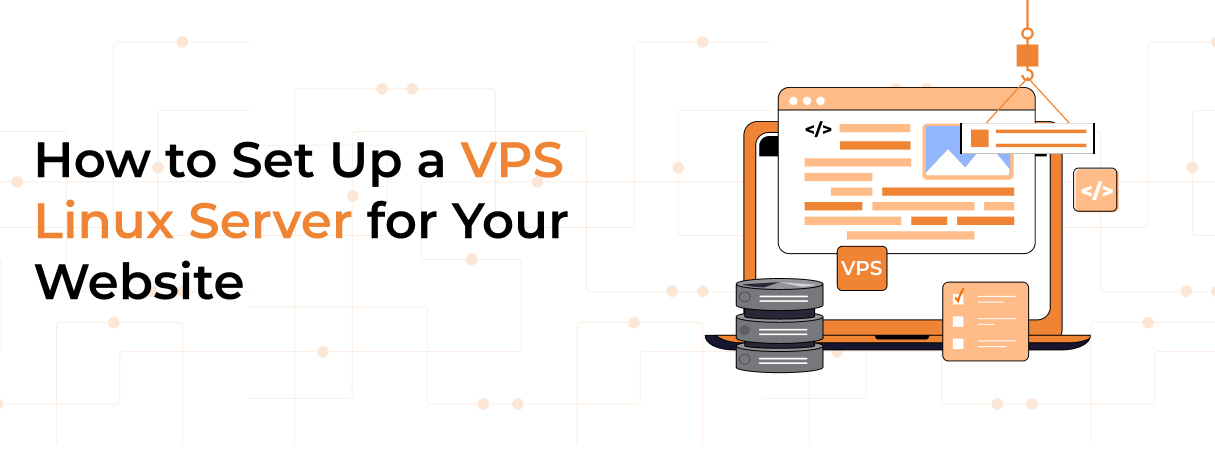In today’s digital landscape, the security of your hosting account is more critical than ever. With cyber threats becoming increasingly sophisticated, it’s essential to implement robust security measures to safeguard your data and maintain the integrity of your online presence. Here are the top security measures you should consider to protect your hosting account effectively.
Table of Contents
Use Strong, Unique Passwords
One of the simplest yet most effective security measures is to use strong, unique passwords for your hosting account. A strong password should combine uppercase and lowercase letters, numbers, and special characters while avoiding easily guessable information like birthdays or common words.
Tip: Use a password manager to generate and store complex passwords. This ensures that each of your accounts has a unique and secure password, reducing the risk of a breach.
Enable Two-Factor Authentication (2FA)
Two-factor authentication adds an extra layer of security to your hosting account by requiring two forms of verification: something you know (your password) and something you have (a verification code sent to your mobile device). This makes it significantly harder for attackers to gain access, even if they have your password.
Tip: Most hosting providers offer 2FA as an option in their security settings. Enable it for all accounts to enhance your security.
Regularly Update Your Software
Outdated software can have vulnerabilities that cybercriminals exploit. Regularly updating your hosting platform, content management system (CMS), plugins, and other software is crucial to protect against these vulnerabilities.
Tip: Set up automatic updates where possible, or schedule regular times to check for and install updates.
Use Secure Connections
Always use secure connections when accessing your hosting account. This means using HTTPS for your websites and secure FTP (SFTP) instead of standard FTP for file transfers. Secure connections encrypt data during transmission, making it difficult for attackers to intercept and decipher it.
Tip: Obtain and install an SSL certificate for your website to enable HTTPS. This not only secures data but also boosts your website’s SEO ranking.
Monitor Your Account Activity
Regularly monitoring your account activity can help you detect suspicious behaviour early. Most hosting providers offer logging and monitoring tools that allow you to track login attempts, changes made to your files, and other activities.
Tip: Set up alerts for unusual activities, such as multiple failed login attempts or changes to important files.
Limit Access and Permissions
Only grant access to your hosting account to those who absolutely need it, and limit their permissions to the minimum required for their role. This minimizes the risk of unintended or harmful changes.
Tip: Use role-based access control (RBAC) to assign specific roles with predefined permissions, ensuring users only have access to what they need.
Regular Backups
Regular backups are essential for recovering from security incidents such as data breaches or ransomware attacks. Ensure that you have a robust backup strategy in place, with backups stored in multiple locations.
Tip: Automate your backup process and regularly test your backups to ensure they can be restored successfully.
Install Security Plugins and Tools
There are numerous security plugins and tools available that can enhance the security of your hosting account. These tools can help with tasks such as malware scanning, firewall protection, and vulnerability assessment.
Tip: Choose reputable security plugins and regularly update them to ensure they provide optimal protection.
Educate Yourself and Your Team
Cybersecurity is an ongoing process that requires awareness and education. Stay informed about the latest security threats and best practices, and ensure that your team is also educated about the importance of security.
Tip: Attend webinars, read security blogs, and participate in cybersecurity training programs to keep your knowledge up-to-date.
Conclusion
Protecting your hosting account requires a multifaceted approach that includes strong passwords, two-factor authentication, regular software updates, and secure connections. By implementing these top security measures, you can significantly reduce the risk of cyber threats and ensure the safety of your online presence. For more tips and best practices on web hosting and security, visit the HostByte blog. Stay proactive and safeguard your hosting account against potential threats to maintain a secure and trustworthy online presence.
For more insights and updates on the latest in web hosting, visit HostByte. Our blog is your go-to resource for the latest trends, tips, and tutorials in the web hosting world.




















